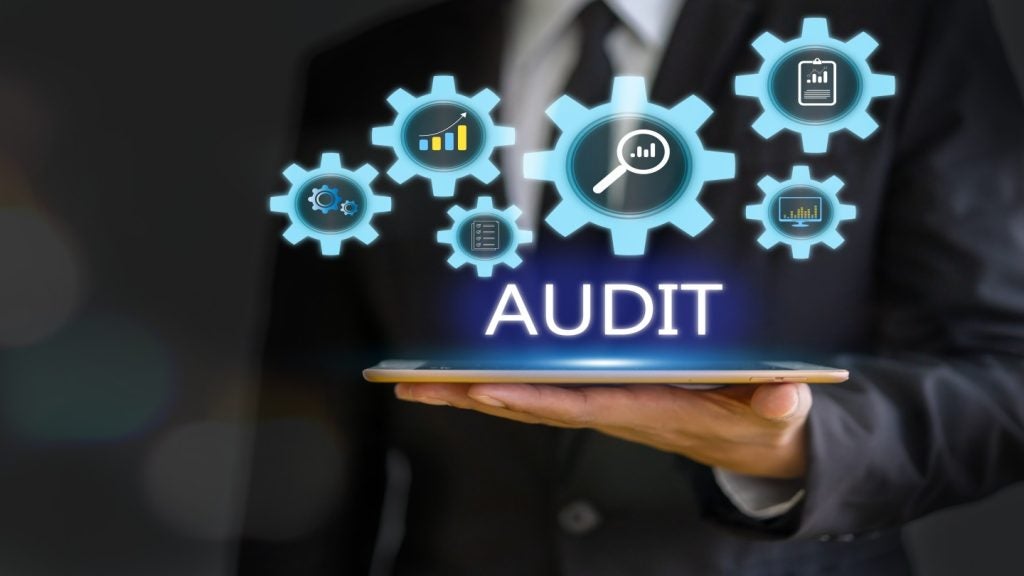Automating indirect tax processes
In recent years, governments around the world have made increasing use of indirect taxation. Technology is increasing the ability of tax authorities to capture huge volumes of data, improve their processes and address tax evasion. All of this adds more complexity to the already complex tax arena. To meet these challenges, businesses are required to think long term, investing in technology and qualified people.
The agenda for business leadership is changing. Technological advances, coupled with immense global political and socioeconomic changes, present a paradigm shift in society and taxation.
Globalisation is now questioned, and the role of government and taxation is growing significantly. In these circumstances, tax evasion, fraud and noncompliance represent a huge threat to government revenue streams. Transactional taxes such as Value Added Tax (VAT), Goods and Services Tax and Sales Tax have existed for a number of decades.
The creation of a European VAT regime triggered a series of indirect taxes that have given government more economic levers. Indirect taxation is becoming more prominent and demanding as tax authorities begin to see its huge potential as a source of revenue and cashflow. It is also one of the hidden taxes that are crystallised when a transaction is triggered and can only be avoided if a sale or purchase does not materialise.
Tax authorities are closing the tax gap, demanding stricter reporting requirements and increasing transparency in the taxation system. This is driving investment and innovation in technology.
How well do you really know your competitors?
Access the most comprehensive Company Profiles on the market, powered by GlobalData. Save hours of research. Gain competitive edge.

Thank you!
Your download email will arrive shortly
Not ready to buy yet? Download a free sample
We are confident about the unique quality of our Company Profiles. However, we want you to make the most beneficial decision for your business, so we offer a free sample that you can download by submitting the below form
By GlobalDataThis radical transformation of the tax agenda is creating a new, digitalised tax environment that all businesses need to navigate.
Management must have line of sight across the whole business and maintain agile tax automation processes. The problem is that tax compliance is often seen as a cost for business operations, with the tax department traditionally viewed as a necessary cost centre. It has been managed on a strategic level with a view to avoiding penalties, late interest payments, getting caught up in time-consuming audits, or obstacles to timely tax refunds. The external tax agenda is driven by government policies. The trend toward digitalisation of taxes has created an eve increasing burden on businesses, which must invest in the technology needed to keep up.
58% of corporate tax professionals say that their approach to tax compliance is chaotic or reactive. Thomson Reuters 2020
However, there is an opportunity for businesses to enhance data and revenue collection across their operations, turning this cost centre into a strategic and profitable function. It is also an opportunity to transform the way business operates.
This data can give insights into the business from a different perspective and can also be valuable for internal stakeholders such as cashflow forecast, volume of business processes and profitability per country.
Opinion: Having the right conversation
Having the right conversation about the many positive impacts of tax compliance is how the tide begins to change within a business.
In large, multinational businesses, conversations with the finance and accounting teams are imperative. They are intrinsically linked with the impact of tax reporting. Indirect taxes are relatively realtime in nature and impact monthly closings and profit and loss statements, meaning there is pressure to process accurate data as soon as possible.
A separate conversation should be had with the legal teams. For example, tax experts can work closely with legal teams on contract negotiation to better integrate any tax implications and benefit from tax opportunities. Supply chain management is another key area for businesses engaged in cross-border trade, where indirect taxes can result in significant administrative burden.
In parallel, implementation of an automated system would identify anomalies and data gaps in the transactional data flows. This can feed back to the source systems to help a business decide the best course of action. Large businesses aspire and work towards having such automated processes, but it requires a high degree of configuration, multi-talented teams from different disciplines, business knowledge, the ability to capture local requirements and data science. When such processes are embedded into a business, then business intelligence starts to emerge. Indirect tax experts nurturing internal relationships and intelligence, with the ability to communicate and influence all departments, are able to achieve eureka moments for businesses.
Thomson Reuters ONESOURCE platform ensures end-to-end accuracy, from the tax calculation in source transactions through to automating the reporting process.
For more information on how Thomson Reuters ONESOURCE can support your organisation, or to book a free consultation visit the website here
By Gunjan Tripathi
Senior Proposition Manager, Indirect Tax, Europe Thomson Reuters






